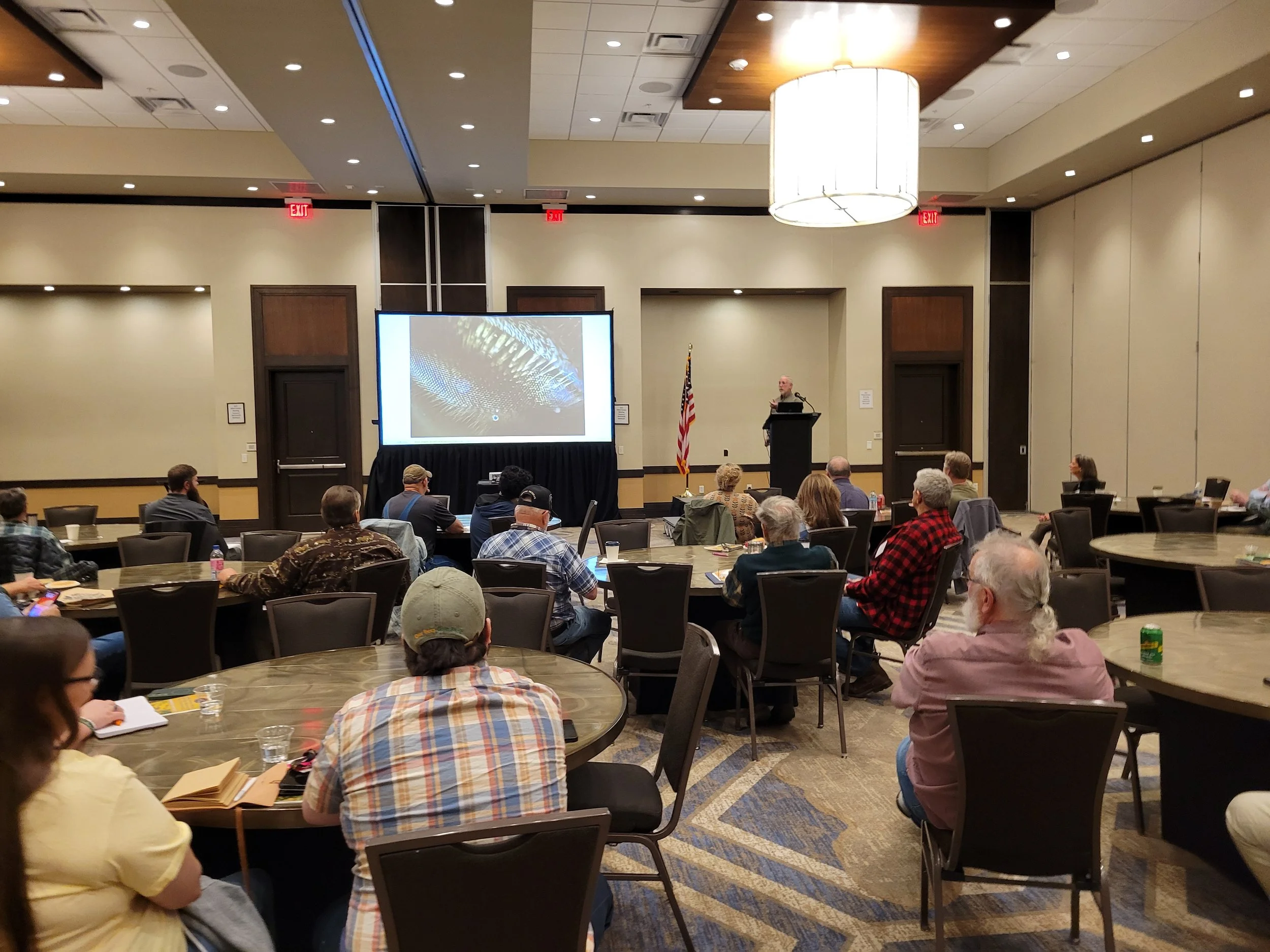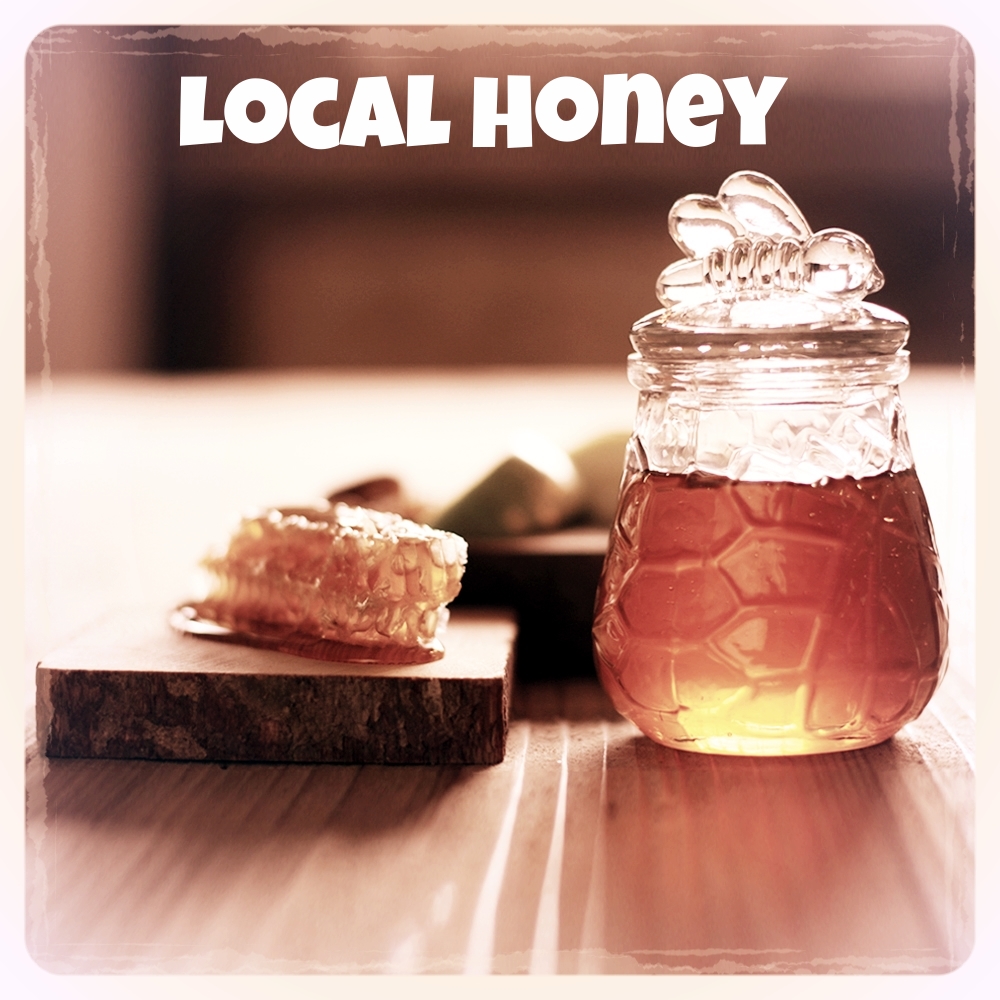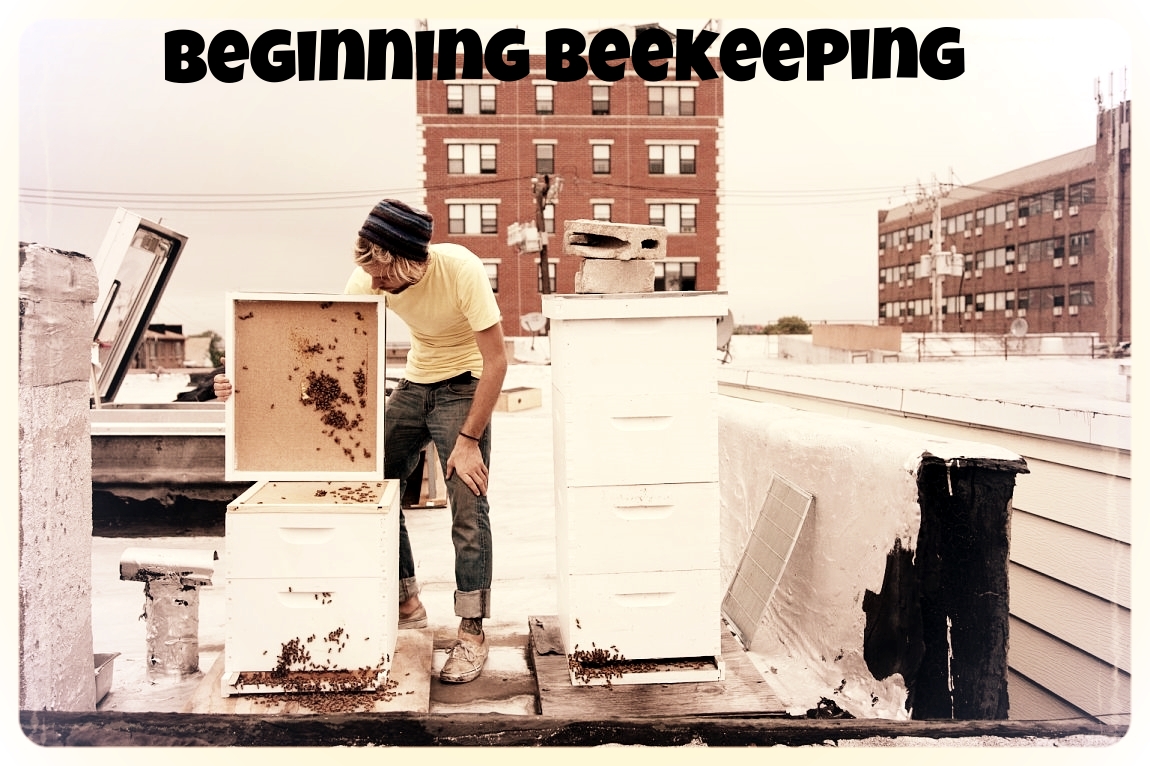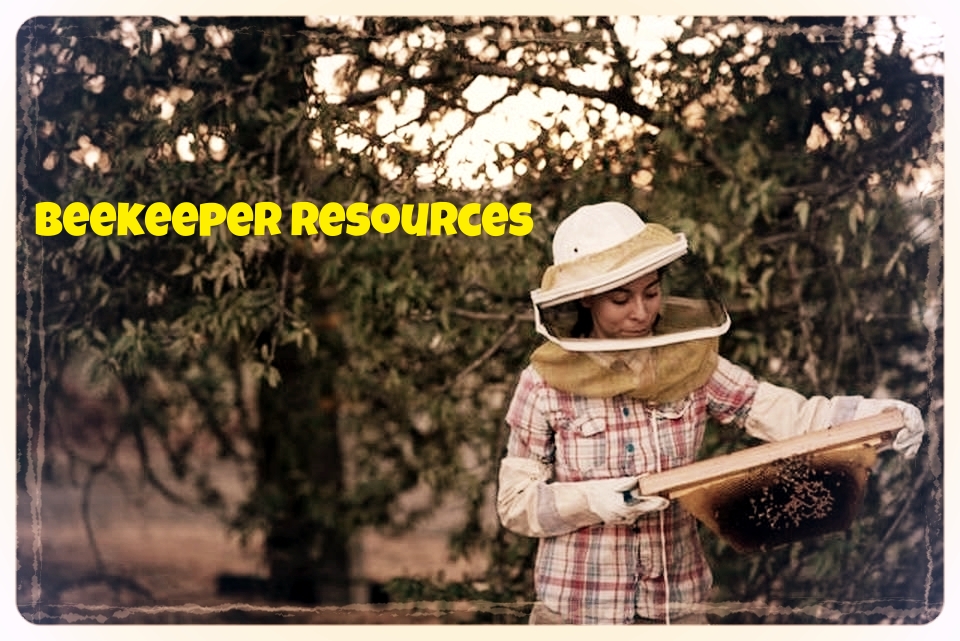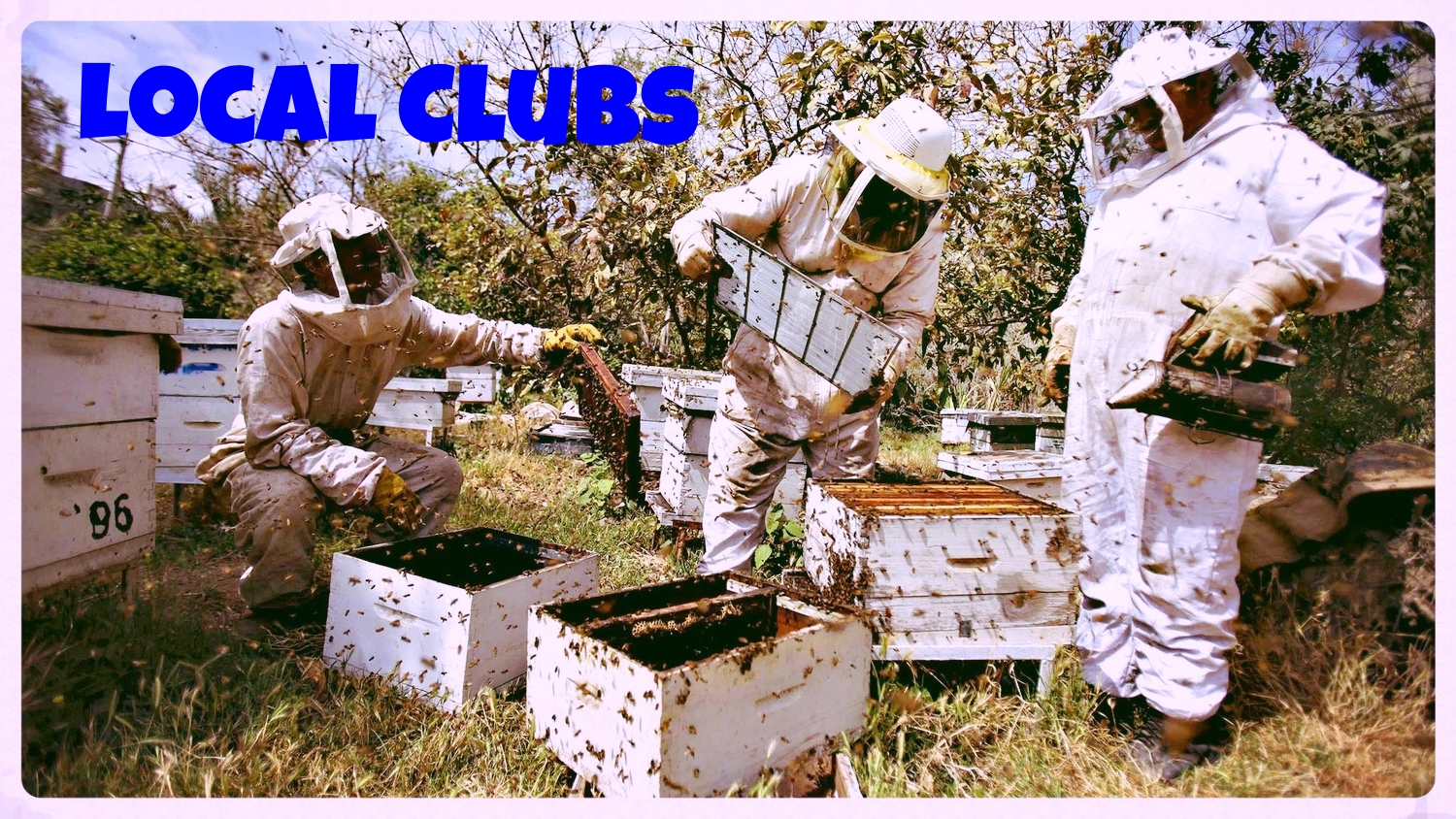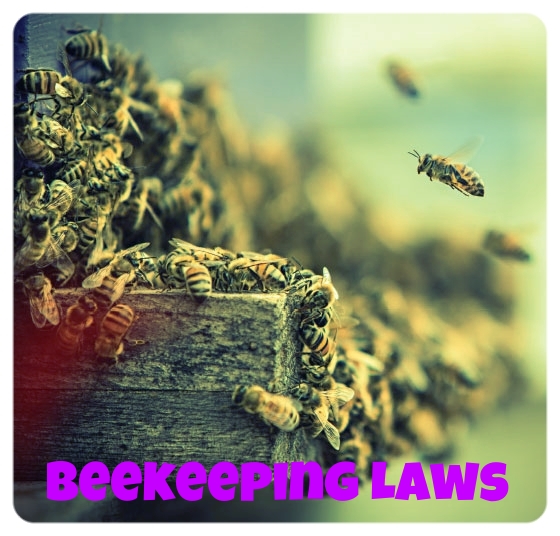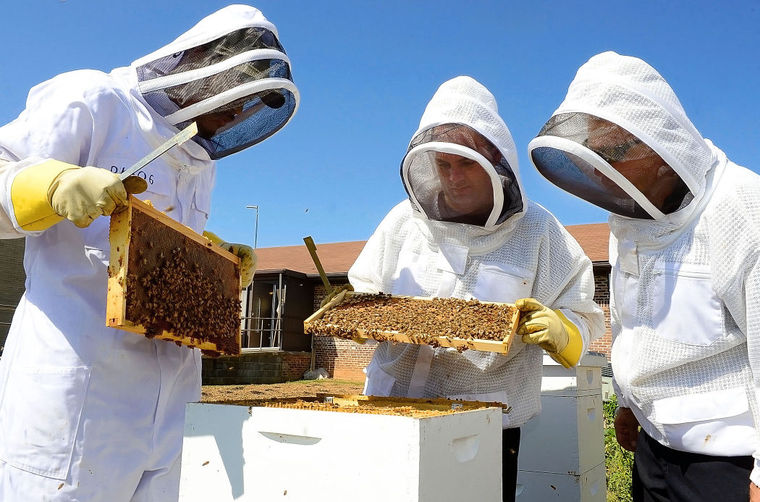A huge thank you to everyone that attended
the 2025 ESHPA fall conference last weekend in Syracuse!
We always put a lot of work into the
event and appreciate each and everyone of you!
special Thanks to our guest speakers; Steven Coy,
Dr. Ferhat Ozturk & Fred Dunn
Congratulations to our Beekeeper of the Year…. Mark Fiegl!
2026 Board of Directors:
Officers
President - Tom Shultz
Vice President - Bob Deemer
2nd Vice President - Eliazara Campbell
3rd Vice President - Tom Kingsley
Treasurer - Kim Ess
Secretary - Heather Dodds
Directors
Western Region - Todd Smith & Doug Ford
Central Region - Dan Winter & Mark Fiegl
Northern Region - Justin Bennett & Jennifer Bittner
Eastern Region - Bill Powell & Mary Anne Welsh
Southern Region - Nick Hoefly & Moira Alexander
The winners for the 2025 Roger Morse Honey Show
Extracted Honey Category
Light Honey
1st - Hans Junga
2nd - David Doe
Light Amber Honey
1st - Tom Kingsley
2nd - Kris Kinsman
3rd - Scott Hoffman
Amber Honey
1st - Tom Kingsley
Black jar
1st - Kris Kinsman
Best in Show
Kris Kinsman
Mead Category
Sweet Mead
1st - Bob Holden-Betts
Fruit Mead
1st - Bob Holden-Betts
2nd - Bob Holden-Betts
Photography Category
P1
1st - Eliazara Campbell
2nd - Eliazara Campbell
P2
1st - Heather Dodds
2nd - Heather Dodds
Officer Elections are coming up for 2026. We will take nominations from the floor during the General Meeting at the Fall Conference.
Here are the positions that are up for election. Please see the District map to see which counties are covered.
1. Western district
2. Central district
3. Treasurer
4. Secretary
5. President
6. 1st Vice President
7. 2nd Vice President
The New York State Honey Map is now live!
These are the ESHPA members that sell honey throughout the state. We will be advertising this heavily on all our new flyers and advertising and especially at the State Fair when people are ALWAYS asking us where to get honey. Of course people come from all over the state, so this is a great opportunity to pick up some new customers! If you would like to be listed on the map, you need to be a current member and fill out the following form.
https://docs.google.com/forms/d/171wimSdBVKNTZZGwV1mCdkJ3N1aqjXA0Y2uucLdkymE
Did you know we have a calendar of ALL the beekeeping club meetings throughout the state?
Welcome to The Empire State Honey Producers Association, Inc.
Or for short, ESHPA.
ESHPA open to all beekeepers in NYS, from the hobbyist with one hive, to the commercial migratory beekeeper with thousands. This is made clear in the preamble of the bylaws:
To promote and protect the interests of New York State beekeepers, and
To form an association for mutual benefit of New York State honey producers; to promote and assist in efforts to preserve and protect the honey bee; to assist New York State honey producers in promoting, marketing and publicizing honey and hive products and educate the public to the value of honey bee pollination; to aid in presenting a uniform point of view on concerns of New York State honey producers to state and federal agencies and the general public.
To procure uniformity and certainty in customs and usages of trade and commerce, and of those having a common trade, business, financial or professional interest; to promote a more enlarged and friendly intercourse among beekeepers.

